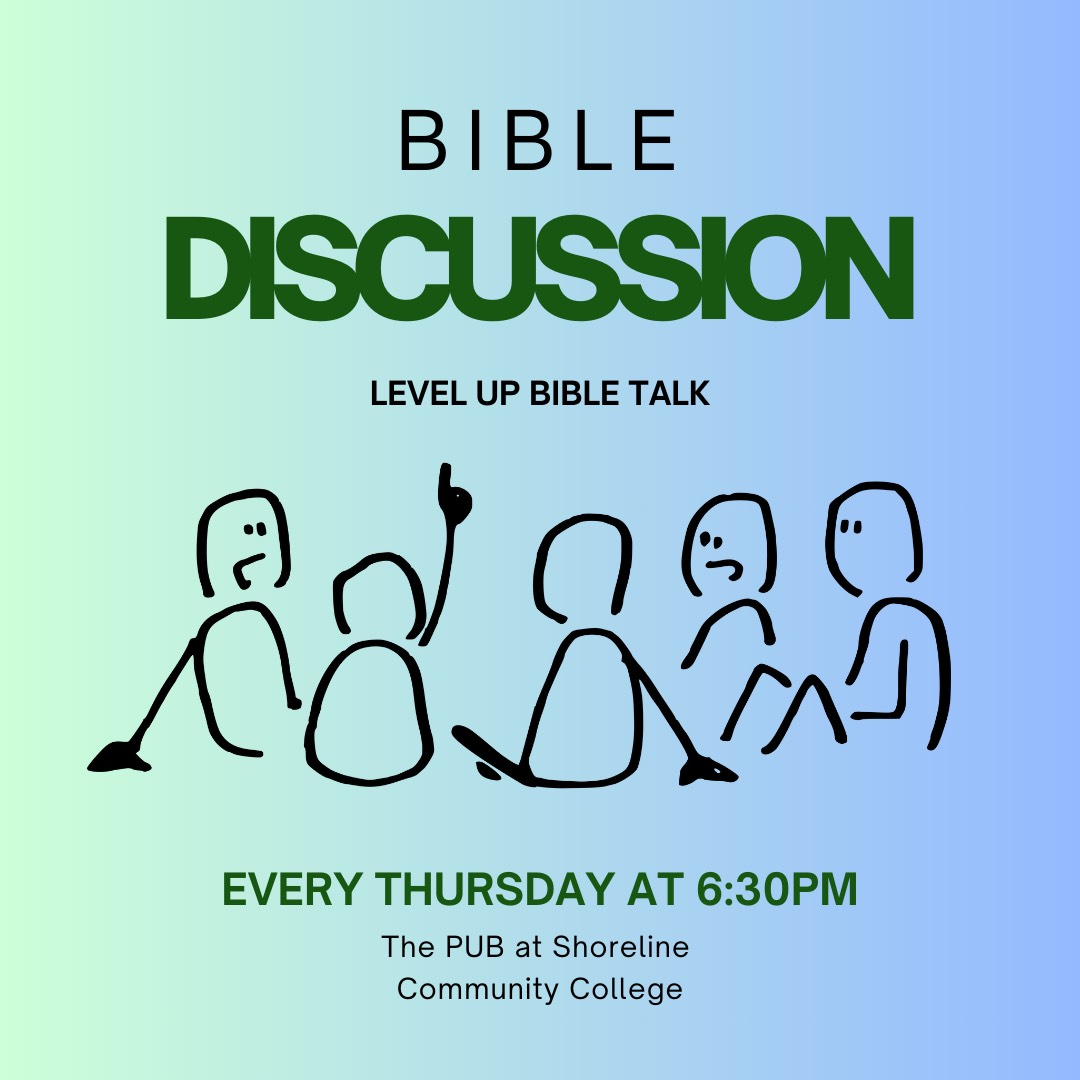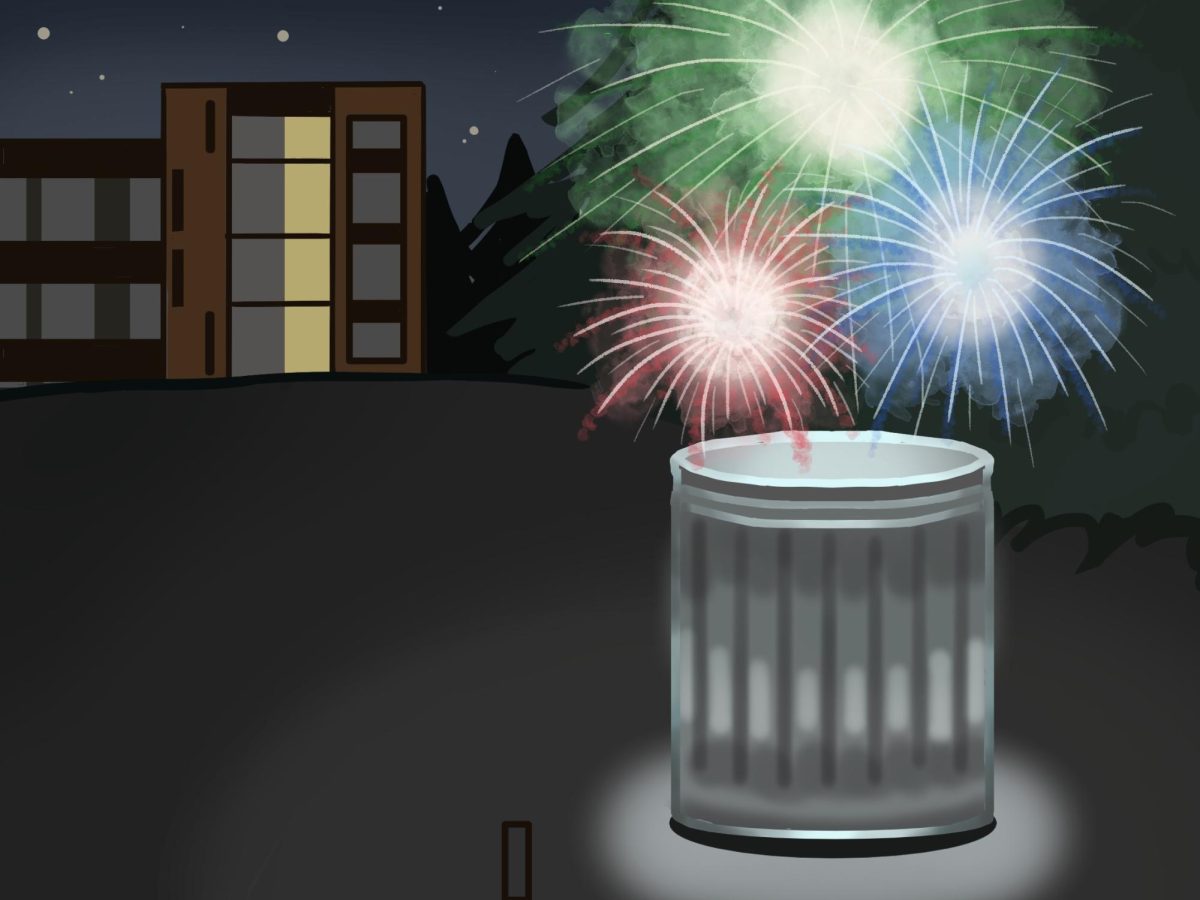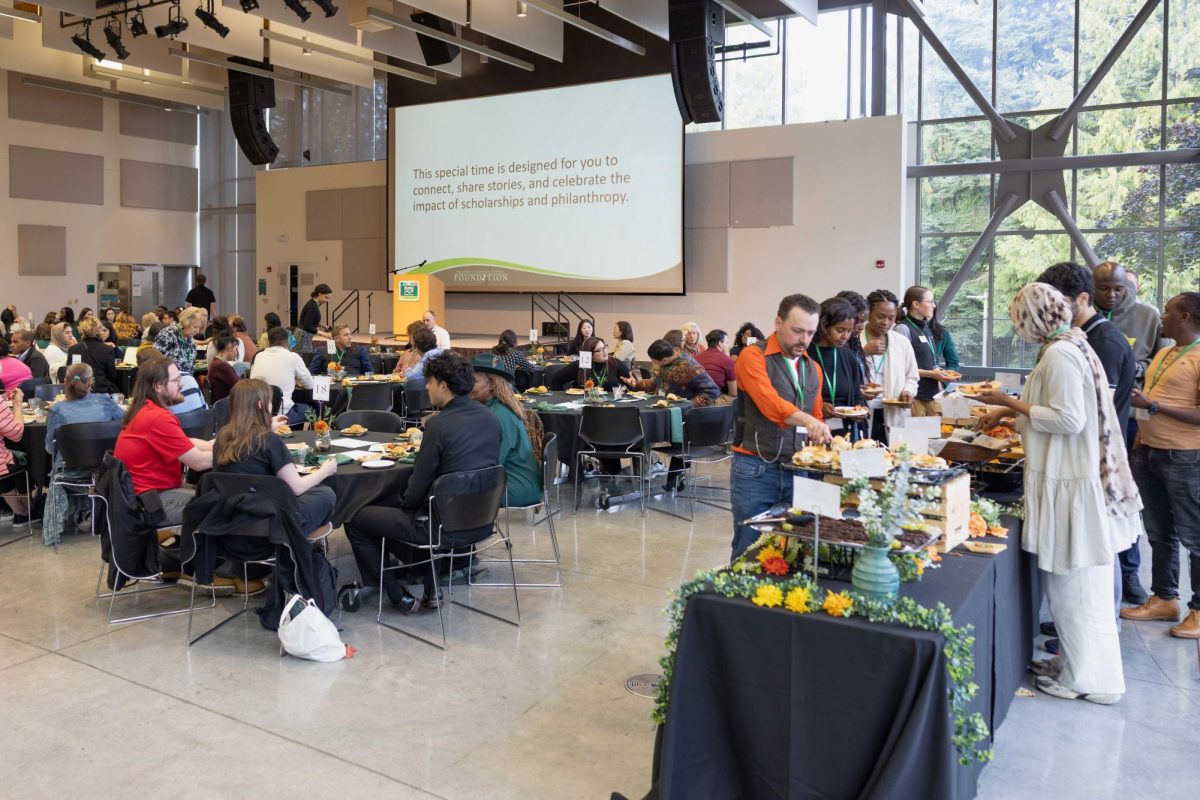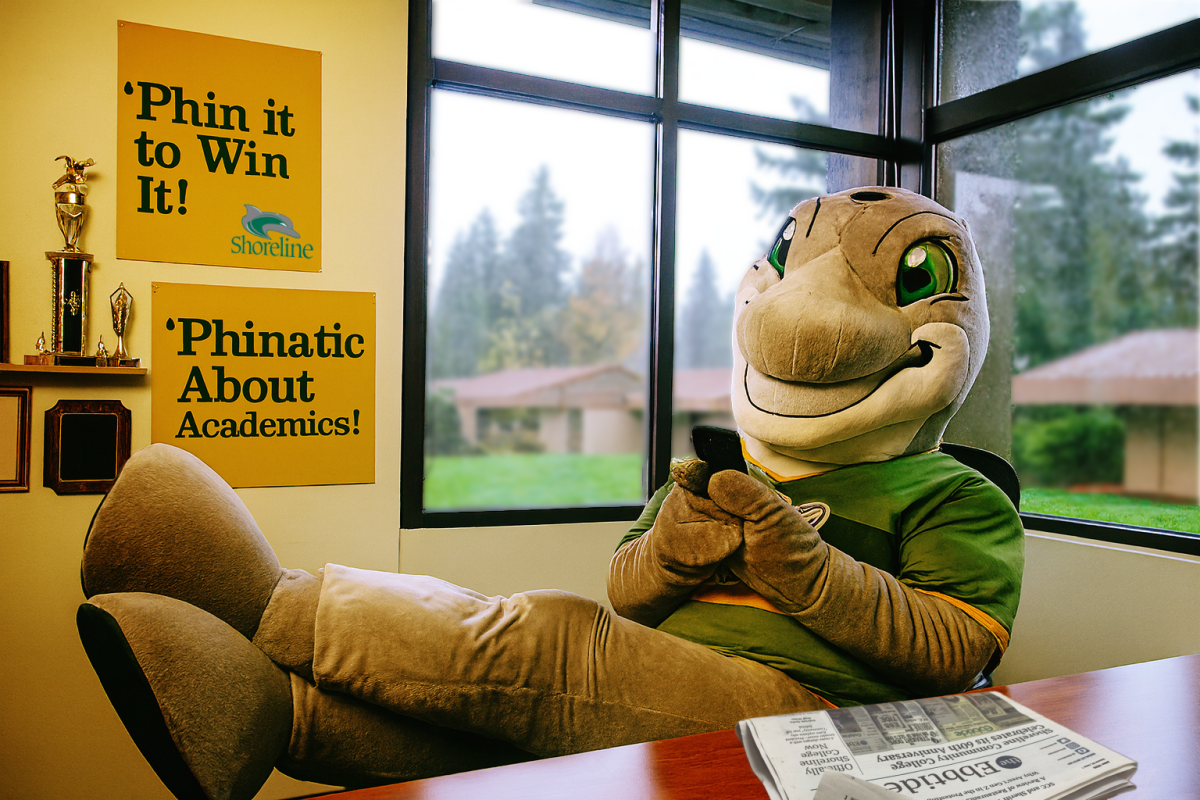A CHANGE IN POLICY FOR LIBERAL ARTS
The nature of community college education is being questioned on a national scale.
In January’s State of the Union Address, President Donald Trump put an emphasis on bolstering apprenticeships and technical programs in the U.S., supporting a higher national investment in workforce development.
A couple months later, he gave another speech, during which he said that the term “community college” should be replaced with “vocational school.”
From his speech: “A word that you don’t hear much, but when I was growing up, we had what was called vocational schools. They weren’t called community colleges, because I don’t know what that means — a community college. To me, it means a two-year college. … We don’t know what a ‘community college’ means,” Trump said.
This assertion falls flat. Community colleges, which serve a variety of functions, can provide work-related skills, serve as a jumping off point for student pursuing baccalaureate degrees at four-year institutions, increase accessibility for students and offer affordable tuition.
“Vocational is one of the terms people don’t use as much (anymore),” said SCC’s Executive Dean of the Workforce and STEM Guy Hamilton. “For older folks like me, it implied driving a truck or a forklift.”
Talking about Trump’s use of the term “vocational schools,” Hamilton said it was “not a very informed statement on his part because he’s not recognizing that we have maybe a 50-50 split of transfer and professional-technical (Prof-Tech) in terms of total numbers of students. That’s probably pretty standard at all the community colleges around the state.”
The Washington State Board for Community and Technical Colleges published a research report on May 4 outlining the role of Community and Technical College (CTC) programs for transfer students who received a bachelor’s degree from a public Washington institution in the class of 2016.
The study found that transfer students accounted for 52 percent of all bachelor’s degree graduates, with 39 percent of them being CTC transfers.
About 41 percent of SCC’s students have said they are working to get their associate degree with the intent of transferring to another college to seek a bachelor’s degree.
Many community colleges, even without the moniker change, already offer degrees in technical and vocational programs, including SCC. Approximately 35 percent of SCC students are enrolled in Prof-Tech programs, which lead to a professional degree or certificate.
According to Hamilton, specialized paths like through the nursing program, dental hygiene program and the professional automotive training center, all use industry professionals to help form their curriculum. He said the coursework is constantly changing, trying to keep up with its goal of being “responsible to students.”
Nursing students are eligible to sit for the exam to become a registered nurse upon completion of the program, which offers an alternative path to licensure for those who don’t have the time, resources or desire to attain a bachelor’s degree in the field. The Department of Labor has given a number of large grants to the automotive program, and nearly 100 percent of its graduates find job placements in the industry.
President Trump’s rhetoric, and apparent misunderstanding of some of the key purposes of community colleges, may lead to a shift in the higher education system, with priority being given to technical or vocational programs over liberal arts education at community colleges and other institutes of higher learning.
Terry Taylor, assistant dean of the Honors College and history professor at SCC, said, “I wouldn’t say there is a visible plan, but there is a subtle change in emphasis and funding that is occurring nationally that favors vocational and STEM education over the traditional liberal arts programs.”







